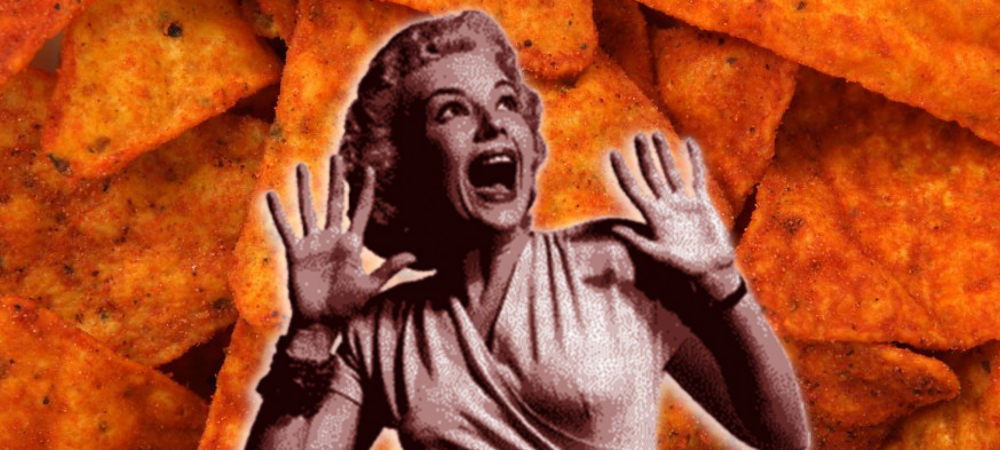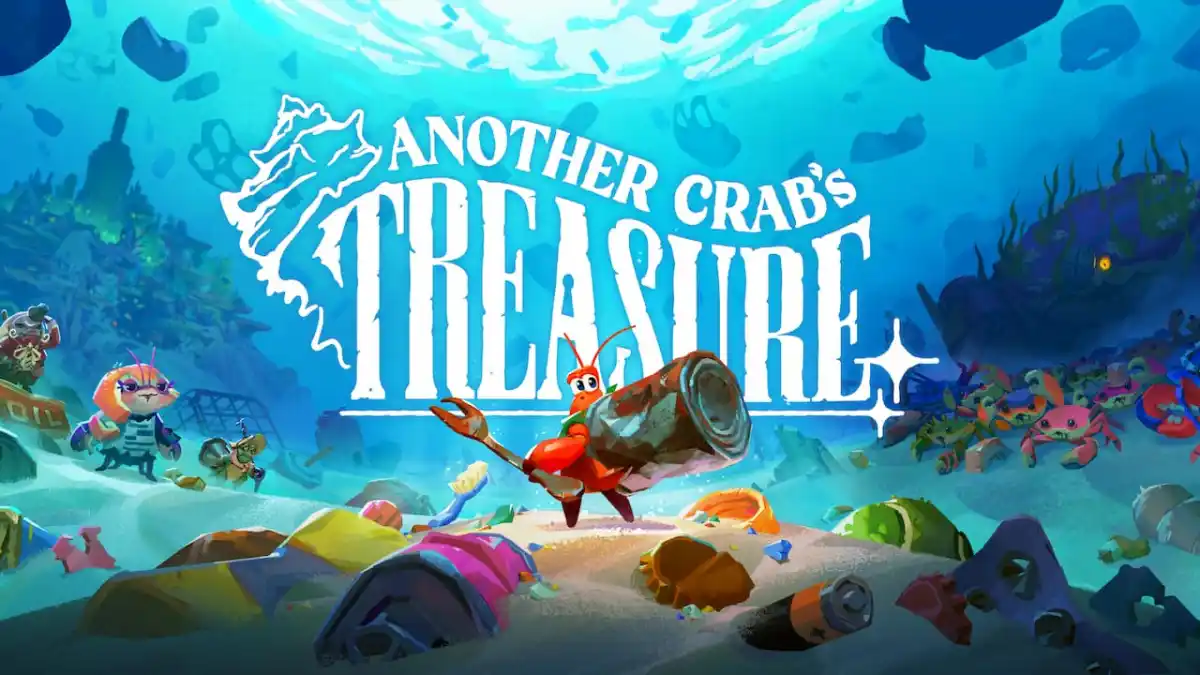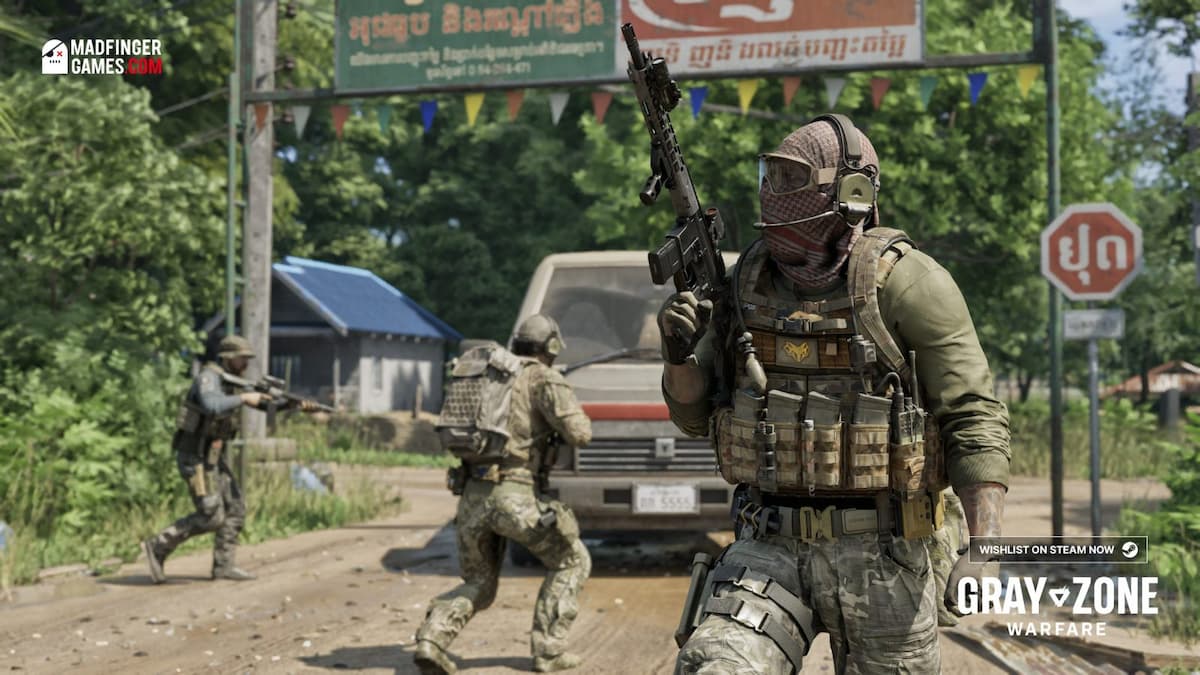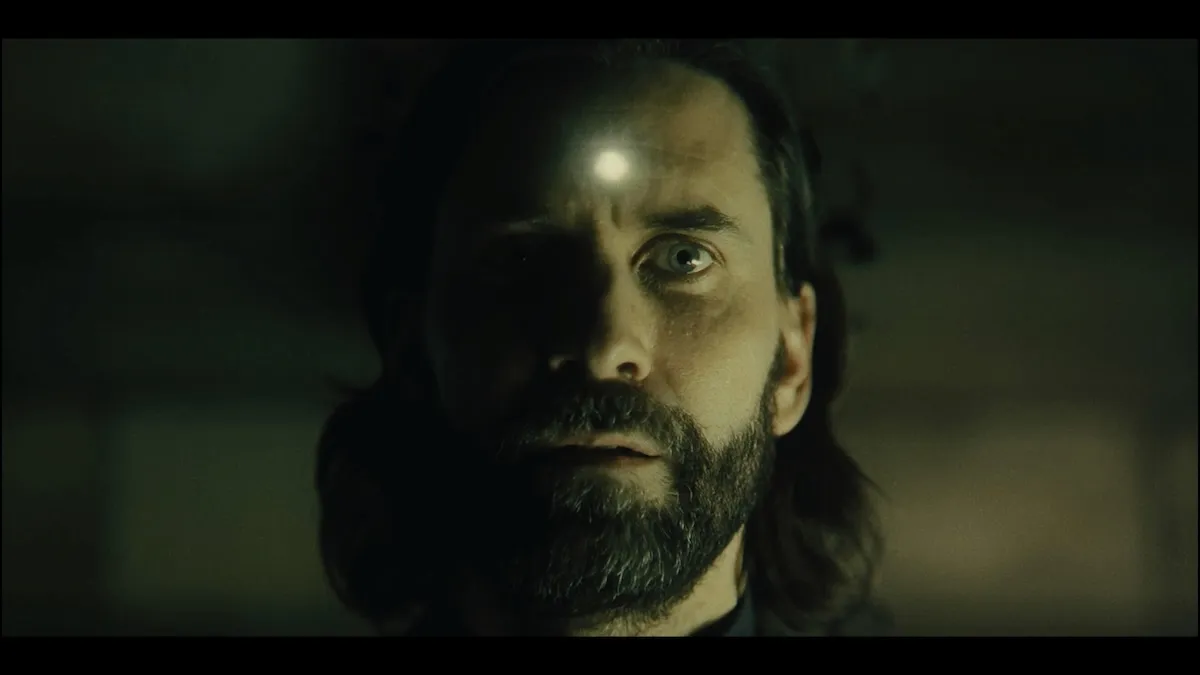Twelve months of outrage
Another year, another round of videogame controversies! 2012 was perhaps one of the biggest years ever for scandal and strife, filled with sexism, lies, and … Doritos?
We’ve compiled the most outrageous outrages of the year, though narrowing it down to just the biggest and most explosive stories was pretty damn tough. Come with us on a trip down memory lane, as we look at the biggest videogame controversies of 2012.

Retake Mass Effect
In the eyes of some, Mass Effect is to videogames what Star Wars is to film. Such a comparison holds water when you take a look at the fanbase, especially its reaction to Mass Effect 3. This was the big finale, the culmination of a trilogy in which millions of gamers had invested their time, their interest and, yes, even their emotion. In many ways, its ending was guaranteed to piss people off, as nobody can put so much personal stock in a story and not feel disappointed by the way it concludes. However BioWare ended it, it’d never be exactly what individual fans envisioned.
Nevertheless, nobody was quite prepared for the backlash. Aside from the usual Metacritic mauling, petitions were erected to have BioWare change the ending. Business authorities were notified as fans accused BioWare and Electronic Arts of lying. Cupcakes were sent to the studio’s office in protest. The biggest sticking point lay in how commercials promised fans that every choice they’d made in the series mattered, when in reality the ending all came down to one of three “choose your ending” options, like any other videogame.
The anger became focused into the “Retake Mass Effect” campaign, which eventually got big enough to where BioWare released new downloadable content in order to “contextualize” the ending. For some, this was the olive branch they wanted. For others, it fixed nothing. Even now, months after the game’s release, the debate as to whether or not fans were ultimately cheated by BioWare rages on.

Are you right there, Phil Fish?
There is a reason public relations is such a big sector of the game industry, and it’s because game developers seem to have a habit of really putting their feet in their mouths. Phil Fish, already a controversial figure in the indie development scene, demonstrated just how badly things can go when you utter the wrong thing, after he said to a Japanese developer, “Your games just suck.”
Of course, he went and said this right before his project of many years, FEZ, was slated to launch on Xbox Live Arcade. Years and years of promotion and hype, undone by a single sentence. Pretty soon, whenever FEZ was mentioned, talk emerged on whether or not the creator was a racist. There were gamers who refused to buy the game, due to concerns over supporting a bigot, while others were simply angry that he’d so bluntly write off an entire sector of game development.
Chances are pretty good that Fish, for all his faults, is not a racist. His dismissal of an entire nation’s games, however, was undoubtedly ignorant, and it’s not hard to see why so many were offended. Nevertheless, FEZ performed quite well and enjoyed huge critical acclaim. Just a shame about that patch.

The diabolical disaster of Error 37
Diablo III was one of the most anticipated games of the year, and after making six million sales in a week, it was easily among the biggest successes. Nevertheless, the game’s always-online requirements remained a sticking point, especially when the glorified DRM measure meant users couldn’t get into the game on launch day.
Many gamers trying to log in were hit with “Error 37” messages, Diablo III‘s servers unable to handle the masses of would-be heroes frantically attempting to enjoy the game they just paid for. The whole mess illustrated the major problem with PC gaming at the moment, as paying consumers feel less like customers and more like lodgers, enjoying temporary stays in a game’s world at the mercy of corporate landlords.
Nobody owns the games they pay for, and handing over your $60 doesn’t guarantee you the ability to play what you bought — and that’s kind of not cool.

Street Fighter X Tekken X Disc-Locked Content
On-disc DLC is not a new concept, but gamers are growing increasingly tired of having to buy “extra” content that was already surreptitiously sold to them. This weariness came to head with Street Fighter X Tekken, featuring as it did a full roster of playable characters hidden on the disc, waiting to be unlocked via later purchases of “downloadable” content.
Despite the usual load of excuses (separate budgets, multiplayer integration, etc.), Capcom’s behavior in this instance was largely considered a case of going way too far. Full character models, along with prologue and ending movies, were all sat there like sleeper agents, and it came off as more than a little insulting.
Capcom, for its part, would go on to say that it’d be “re-evaluating” its DLC policies in the future, though admitted Dragon’s Dogma would still ship with disc-locked content. It remains to be seen whether or not Capcom can continue to resist this tacky business practice, or if it’ll go back to old habits once it thinks the heat is off.

Bayonetta 2 … U MAD?
Perhaps one of the more ridiculous outrages this year concerned Bayonetta 2, a game that simply would not have existed without Nintendo’s support. That didn’t stop “fans” being utterly disgusted that the sequel would be a Wii U exclusive, seemingly preferring to have no game at all rather than one bound to Nintendo’s newest home console.
Within moments of the game’s announcement, folk were flinging shit around their cages in furious protest, sending such vile messages to Hideki Kamiya as, “I better see an Xbox release in future or I’ll kill you,” “FU*K you and fu*k YOU Platinum Games. Not buying games from you again. No respect for loyal gamers,” and “Platinum studio is dead for me. Considering to cancel my MGRising pre-order too.”
The term “entitled gamer” is overused and often utilized in the wrong situation, but for this particular debacle, its certainly a term that seems to fit. Bayonetta‘s fans painted a truly despicable picture of themselves that day.

Doritosgate
An image of Geoff Keighley sat, dead-eyed, next to a bag of Doritos and a load of Mountain Dew. It started as a generally humorous image, shared on social networks and used to poke fun at game journalism’s increasing proximity to advertising agencies.
Things took a more serious tone, however, when Eurogamer columnist Robert “Rab” Florence penned an article severely criticizing the way in which games media seem to hop gleefully in bed with industry PR. In particular, he picked at the British Games Media Awards, a ceremony in which game marketers essentially reward their favorite writers. Even worse, this year they had those same writers Tweeting advertising hashtags to try and win a PS3.
Things took a turn when Rab focused on one particular writer, Lauren Wainwright, who defended the hashtag contest. He noted how her defense of the practice led him not to trust her opinion, as someone who justified games media’s complicity with product placement. Lauren would go on to accuse Eurogamer of libel, and her employer MCV got involved. Eventually, Eurogamer edited Rab’s article to remove Lauren’s name, and Florence quit his post at the publication in response.
This chain of events sent shockwaves throughout the gaming community, forums such as NeoGAF began shining a spotlight on a number of dodgy practices, and the media felt the heat. Some outlets wrote up new ethics codes, others promised to cut out publisher-paid preview trips. Many writers took hard, long looks at themselves. Then again, others wrote off the entire thing as unimportant whining, and didn’t take the introspective opportunity. Whatever one’s opinion, this was easily among the most tumultuous issues of the year, and something I personally haven’t forgotten.

The War Z and the war on telling the truth about things
2012 was so packed with kerfuffles that some studios had to wait until the last few weeks of the year to get their turn. Hammerpoint sung out twelve months of controversy with impressive gusto, releasing The War Z under a banner of lies. The game hit Steam with a list of features that weren’t even in the game, promising multiple maps, skills, and up to 100 players per server. None of those were available at launch. Not only that, but customers weren’t told they were playing a glorified alpha build that, frankly, was a mess.
The game itself was a huge disappointment. It was less zombie-survival MMO and more all-versus-all deathmatches with snipers talking out unarmed newcomers — newcomers who’d survive for a few seconds and then have to wait four hours to respawn (unless they made a brand new character or paid Hammerpoint extra cash for an instant revival). As customers got pissed, Hammerpoint spent its time silencing dissent on message boards and attempting to portray complaints as the work of disingenuous fanboys. Valve, however, saw things differently, and actually pulled the game from Steam before offering refunds.
At the time of writing, more information continues to appear concerning the lazy and sketchy development of The War Z. This is a story that could carry us comfortably into the new year.

2012: The Year of Sexism
The videogame industry is no stranger to social pressure, beset as it is by critics and pundits who wish to blame interactive entertainment for every ill in the world. This year, however, the heaviest of the pressure came from within. 2012 was undoubtedly the year gaming got serious about gender issues, which can be a good or bad thing, and the sheer volume of events that happened is staggering.
There really are too many things that happened to name individually, but a few of the biggest include Hitman: Absolution and a trailer depicting Agent 47 bashing the crap out of fetishized nuns, the attacks on BioWare writer Jennifer Hepler, a women threatened with rape after seeking funds for a video series on videogame gender tropes, and the PR missteps of the Tomb Raider reboot.
Tomb Raider was arguably the most high-profile issue, a seemingly genuine attempt by Crystal Dynamics to craft a strong female character that managed to offend by beating the crap out of her and promising murky implications of attempted rape. While the game looks on track to be quite good, the big mouths of executives and developers dug themselves into deeper and deeper holes, as they attempted to backtrack on earlier statements and go so far as to deny the word “rape” even exists in their minds. It all got a bit David Brent, to be honest.
Of course, while some gamers enjoyed having provocative debates over the problem of sexism in the game industry, others pushed back, angry that their escapism was being dragged into such heated discussion. Whatever your opinion, though, I think we can all agree it’s at least a testament to the growth and continued influence of videogames that we can even have these discussions nowadays, where once any issues would be roundly ignored.
I mean, you can just ignore any controversy that doesn’t interest you, right?
Oh right … Internet.




